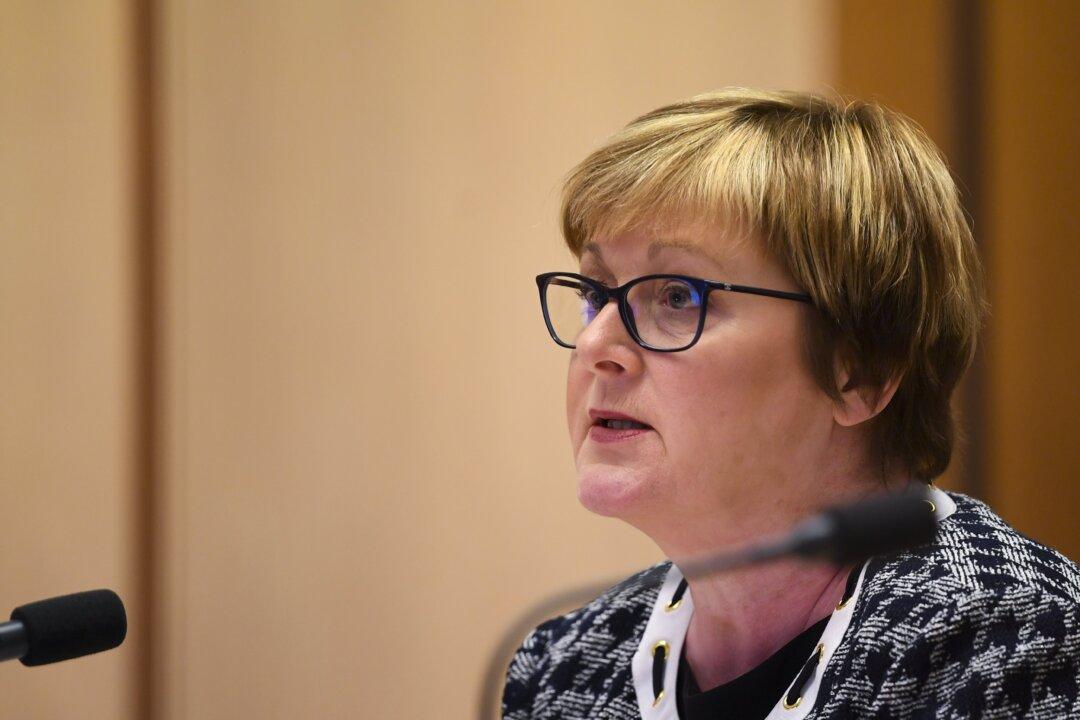Minister for the National Disability Insurance Scheme (NDIS) Linda Reynolds has called on the states and territories to take on more responsibility for funding the scheme, which is ballooning out of control.
“It’s not sustainable,” Reynolds told The Australian. “If you have a look at any government budget, 12 percent (the current growth rate) or over is not a sustainable long-term trajectory because ultimately, this is taxpayers’ money, and like any other government program, the money has to come from somewhere else.”





